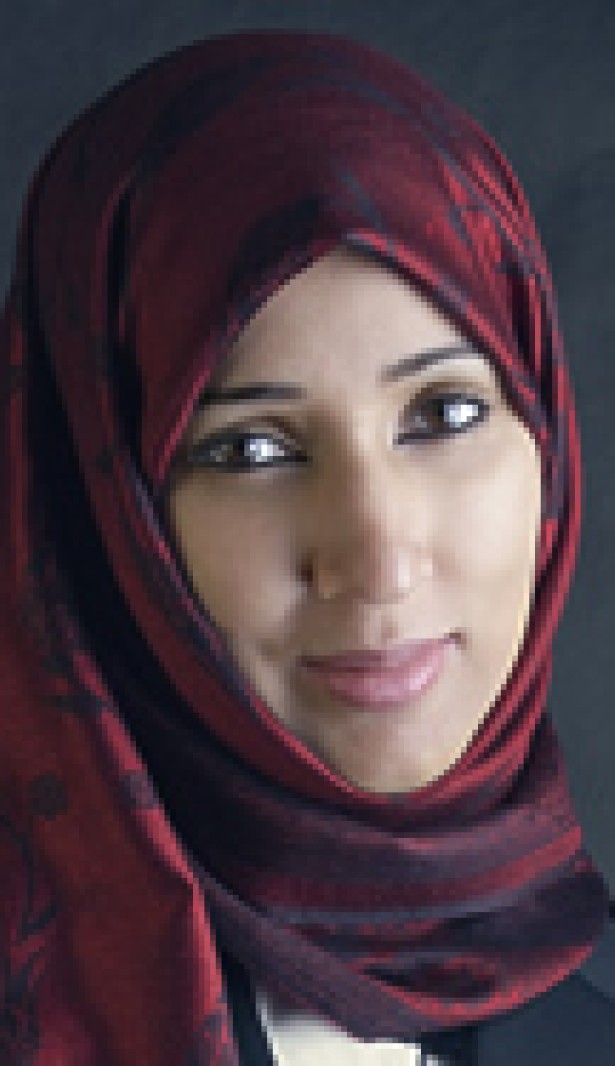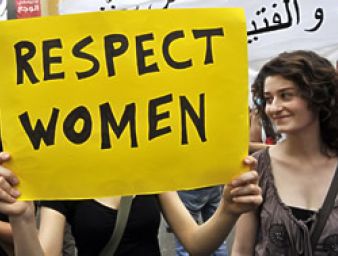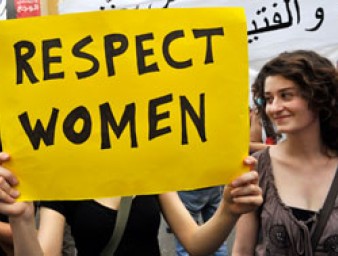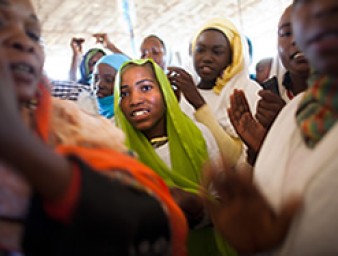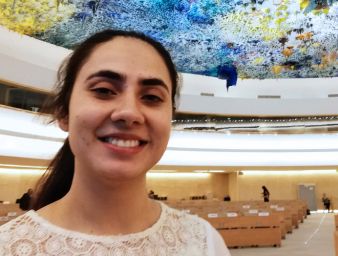Manal Al-Sharif: a driving force for change
13 January 2013
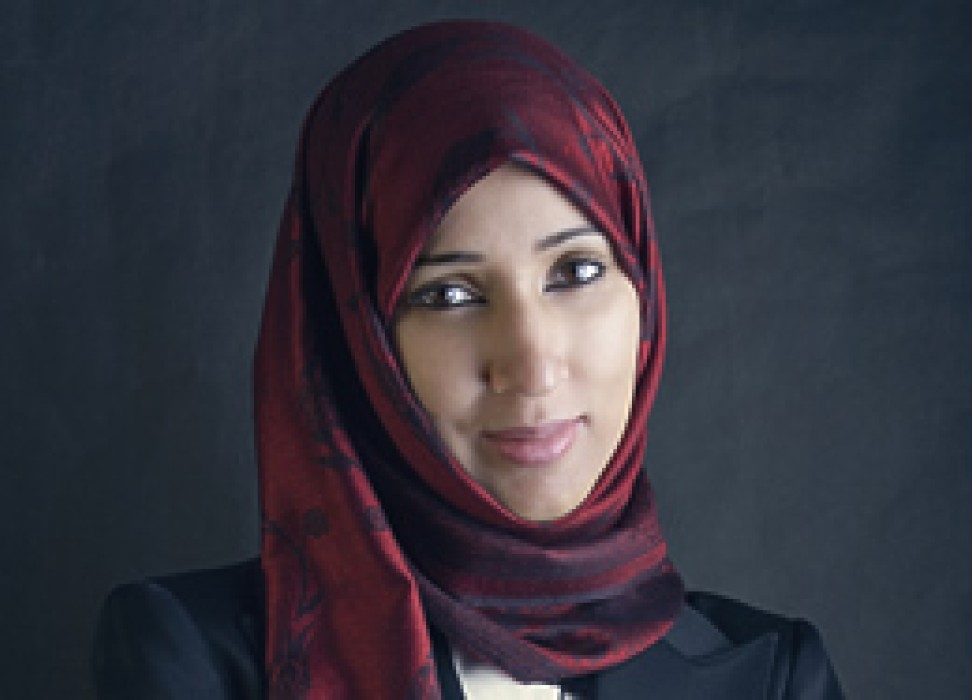
Manal Al-Sharif is a 33-year-old Saudi activist who inspired a campaign for women’s rights when she defied the ban on women driving in Saudi Arabia and was imprisoned for nine days for driving her car. A YouTube video featuring Al-Sharif driving brought her international exposure where she was selected as one of 2012’s Time magazine’s “100 Most Influential People in the World” and awarded the Václav Havel Prize for Creative Dissent at the Oslo Freedom Forum.
Al-Sharif was a participant in a panel discussion on social movements and women at the United Nations Social Forum of the Human Rights Council, which was held recently in Geneva. She discussed the impact of social media on Saudi citizens’ everyday life and how it has become a powerful tool in the women’s emancipation movement.
“Social media has had a pivotal role in my work for women’s rights,” she says. “Without YouTube, Twitter and Facebook we would not have made it this far. In Saudi Arabia, there are no pulpits. There are no places to air your views. So, it’s amazing to have these tools.”
Al-Sharif explains how an increasingly large part of the Saudi population is thirsty for news and eager to express their opinions on social media. According to the Dubai School of Government Arab Social Media Report, Saudis are the largest active users of Twitter in the Arab world with 393,000 active Twitter users.
News reaches Saudi Twitter followers before it reaches the national press, says Al-Sharif, so it has become a vital tool to spark a movement. “So we said, let’s use it. Not only to voice our opinions, but to create change, to start campaigns, and to send out petitions. The local press would never publish our demands,” she says. “I was sent to jail because I used social media. You need to look at the reaction to see how powerful the impact is.”
In 2011, Al-Sharif’s started a women’s right to drive campaign called Women2Drive in an effort to pressure the government into granting women the right to drive. She and her collaborators soon realized how powerful their voices and messages were as the international media picked up their story.
Al-Sharif would like to see Saudi women realizing freedoms in all aspects of daily life. "A Saudi woman can't make any decision in her life—study, work, marry, obtain a passport, and travel—without written permission from her legal male guardian, effectively treating her as a minor all her life,” she says. “For the religious establishment, this is like their last castle, so if they lose this castle, they lose their grip on women, on controlling women. For us, the status quo of women in Saudi Arabia—being controlled, being minors, being second-class citizens—is the key to change,” she claims.
“The most important thing for us is that women are aware of their rights and that women themselves take action,” says Al-Sharif. She compares the individual Saudi women who bravely take action against a society where women have no voice, to small drops of water who in the end form a huge sea. “Never underestimate the powerful act of the individual,” she says. “When you combine all these individual acts together, it creates massive power, unstoppable and unbreakable power.”
She is at a point of no return, she says, and the momentum cannot be wasted. “My hope is that we achieve full citizenship in Saudi Arabia—equality in education and job opportunities,” she says. “We should have a voice in political life and a voice in decision-making.”
11 January 2013
